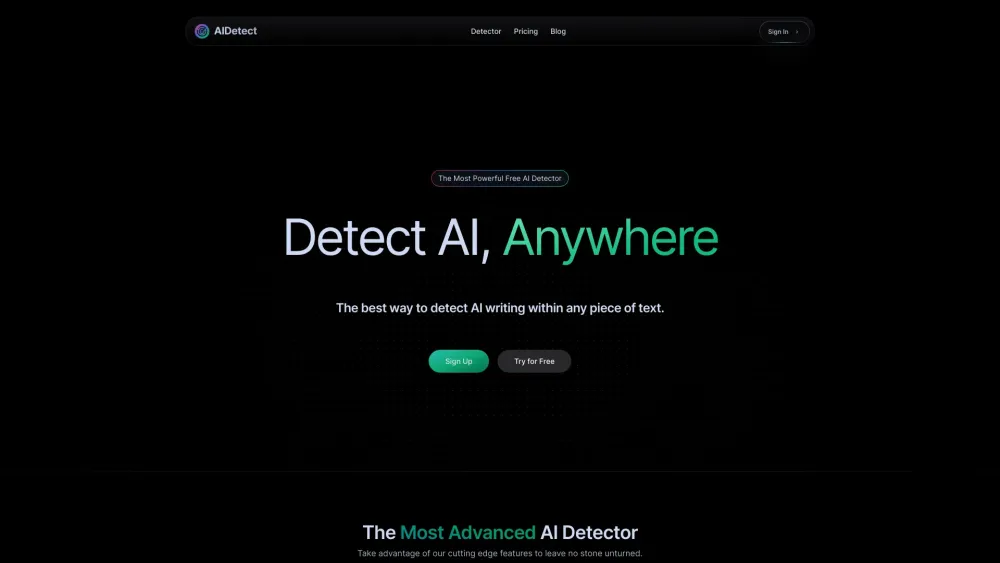After a historic presidential debate filled with discussions about pet consumption, Taylor Swift ended the night on a powerful note. As a prominent figure in American pop culture, the singer-songwriter took to Instagram to announce her intention to vote for Kamala Harris in the upcoming presidential election.
Swift's endorsement is significant. Her influence is strong enough to encourage tens of thousands of Americans to register to vote simply by sharing a link. However, what stood out even more was her expression of concern regarding the dangers of AI deepfakes.
In her Instagram post, Swift stated: “I recently discovered that an AI-generated video of ‘me’ falsely endorsing Donald Trump’s presidential campaign was posted on his site. This experience heightened my fears about AI and the spread of misinformation. It highlighted the importance of being transparent about my actual voting intentions. The best way to counter misinformation is with the truth.”
By addressing her experience with a deepfake that misrepresented her political views, Swift’s statement felt deeply personal. “Her statement was extremely well thought-out and compelling. The AI aspect adds a unique perspective to this election and sheds light on what candidates are doing,” noted Linda Bloss-Baum, an American University professor in the Business and Entertainment program.
Celebrities like Swift are particularly susceptible to deepfakes due to the vast amount of online content featuring them, allowing for the creation of sophisticated AI impersonations. “We're witnessing a surge of AI impersonators for endorsements,” said Noah Downs, an IP and entertainment lawyer, in August. These fraudulent AI endorsements have become so prevalent that even “Shark Tank” had to issue a public service announcement warning fans about scams involving impersonated investors.
As for Swift, she has also been a target of nonconsensual, AI-generated pornography, prompting lawmakers to consider legislation to address this harmful effect of generative AI. “This happens frequently to everyday people who find their likenesses misused in deepfakes,” Bloss-Baum remarked. However, when celebrities like Swift share their experiences, it captures lawmakers' attention more effectively.
“As a longtime lobbyist for the entertainment industry, I can affirm that lawmakers pay more attention when celebrities bring their stories to Capitol Hill,” she added. The implications of deepfakes in elections for critical political positions are profound, significantly impacting voter perception amid an era where misinformation is rampant on social media.
"Regrettably, AI is playing an increasingly prominent role in this election due to the widespread adoption of the technology," said Bloss-Baum. "We’ve dealt with robocalls before, but now the technology has advanced to the point where deepfaked calls can mislead voters without them realizing it's not the genuine candidate."
Bloss-Baum also mentioned that as a resident of Tennessee, Swift could potentially take legal action against former President Trump under the recently enacted ELVIS Act. However, with little legal precedent surrounding this new law, the outcome remains uncertain. Nevertheless, Bloss-Baum believes that federal legislation would empower consumers and celebrities to better protect themselves. She sees bipartisan efforts like the NO FAKES Act as promising, though meaningful legislative changes before the early November election seem unlikely.
“There are certainly positive applications of AI in campaigns, especially for data collection and analytics, but we must remain vigilant to ensure AI does not misrepresent candidates,” Bloss-Baum cautioned.




